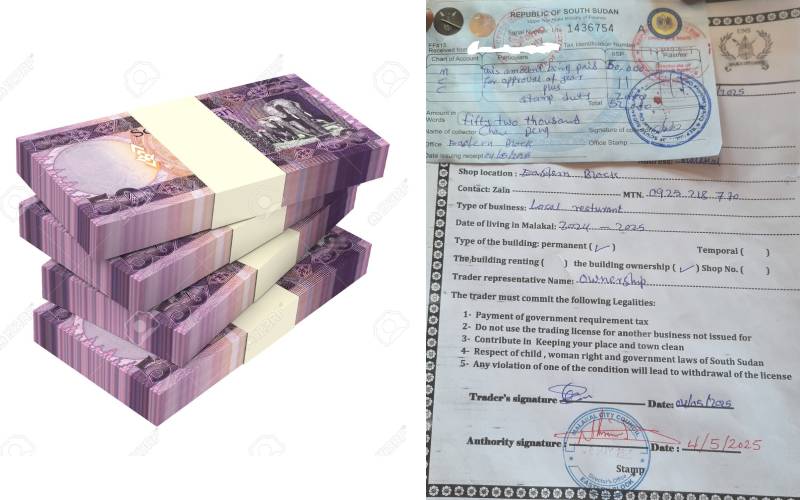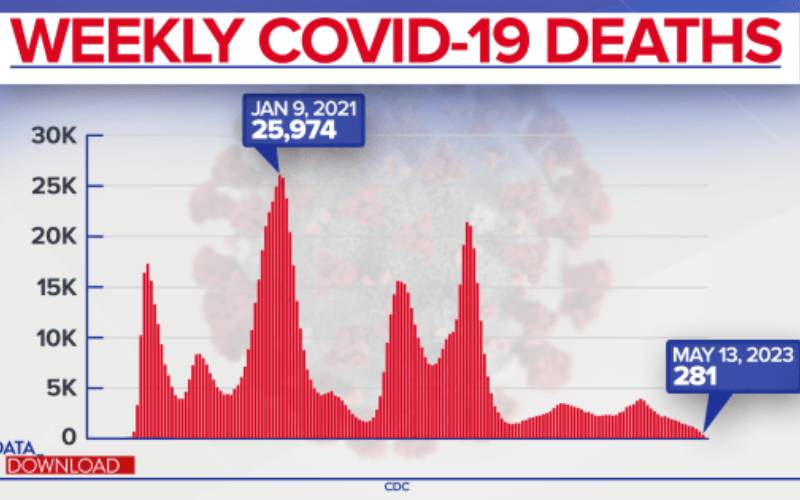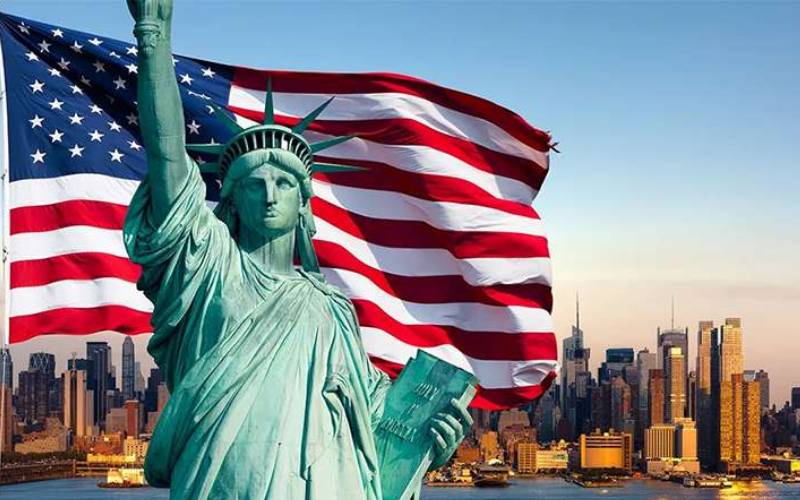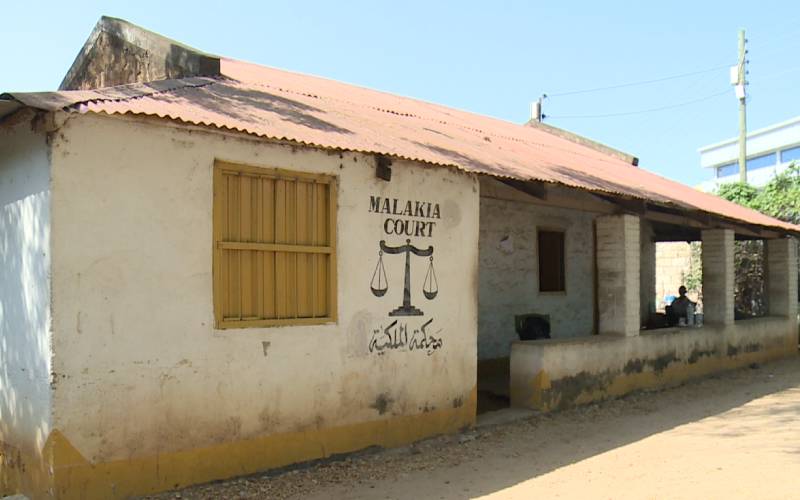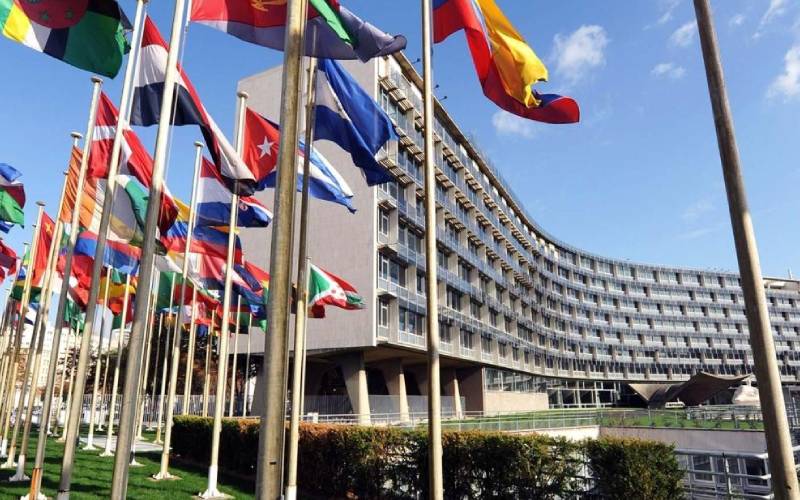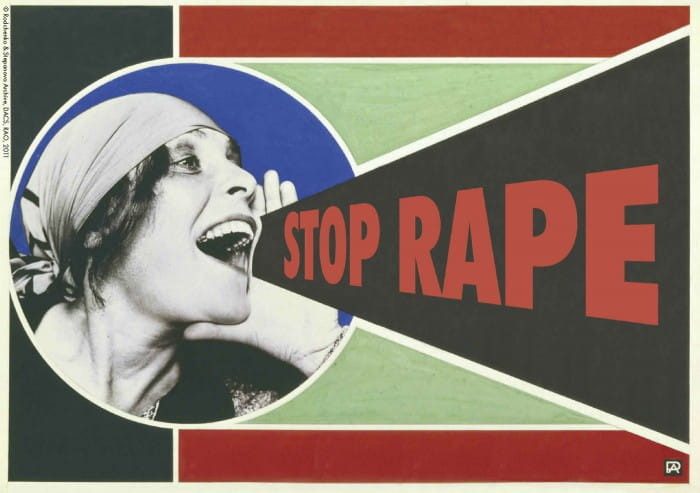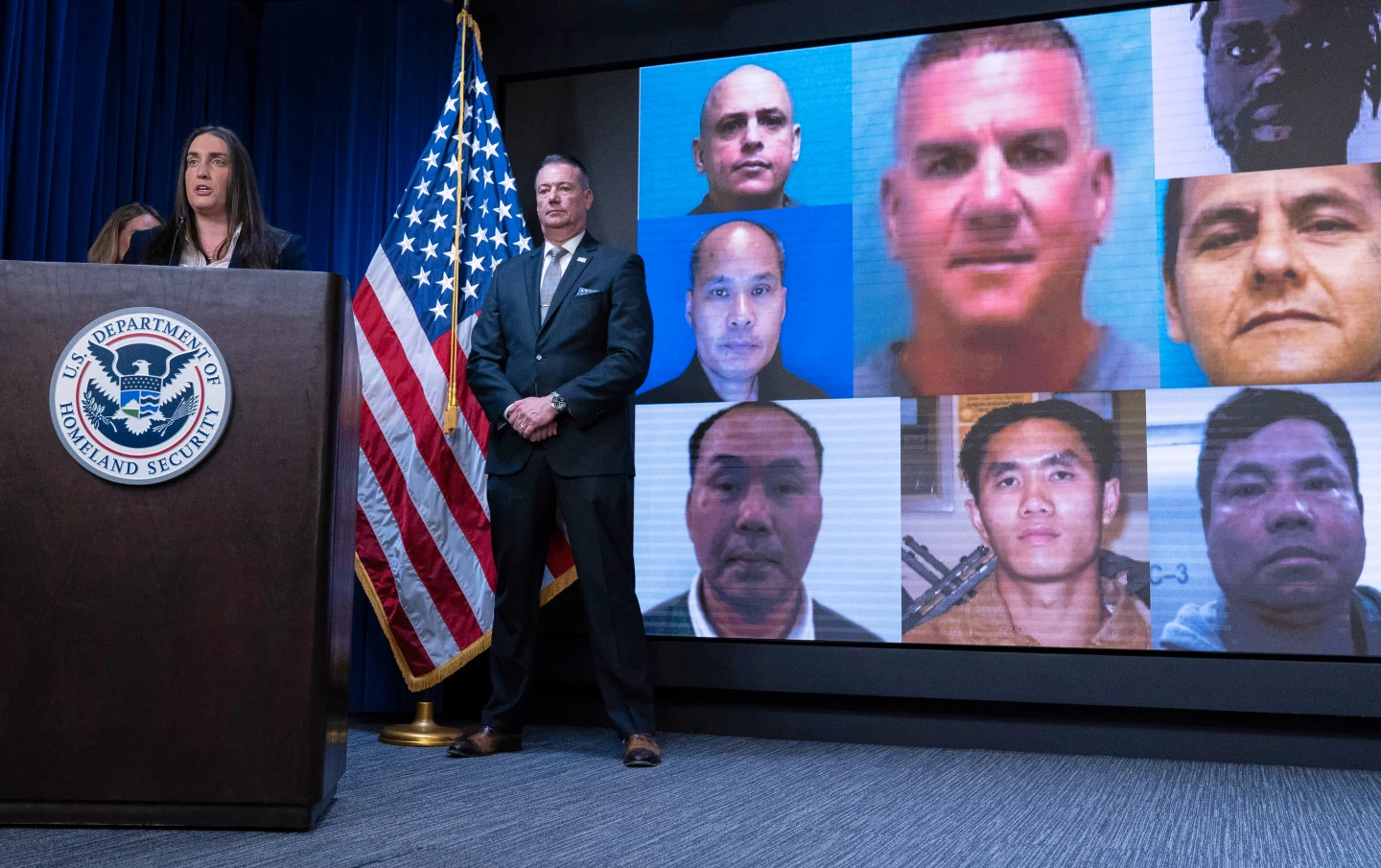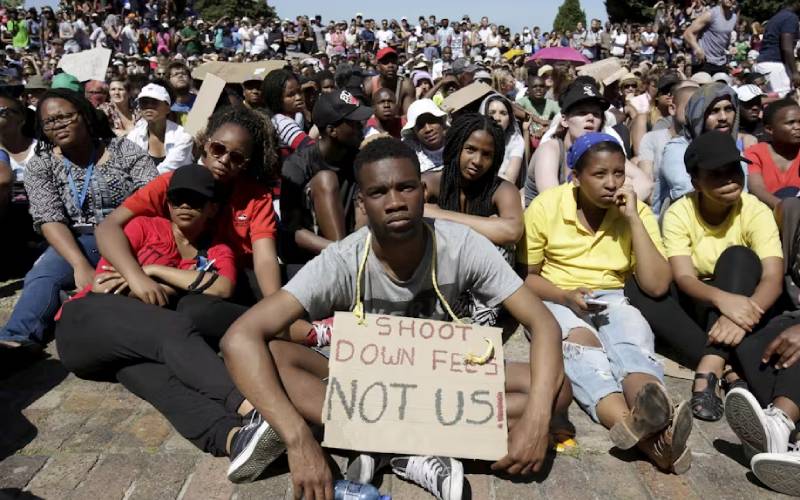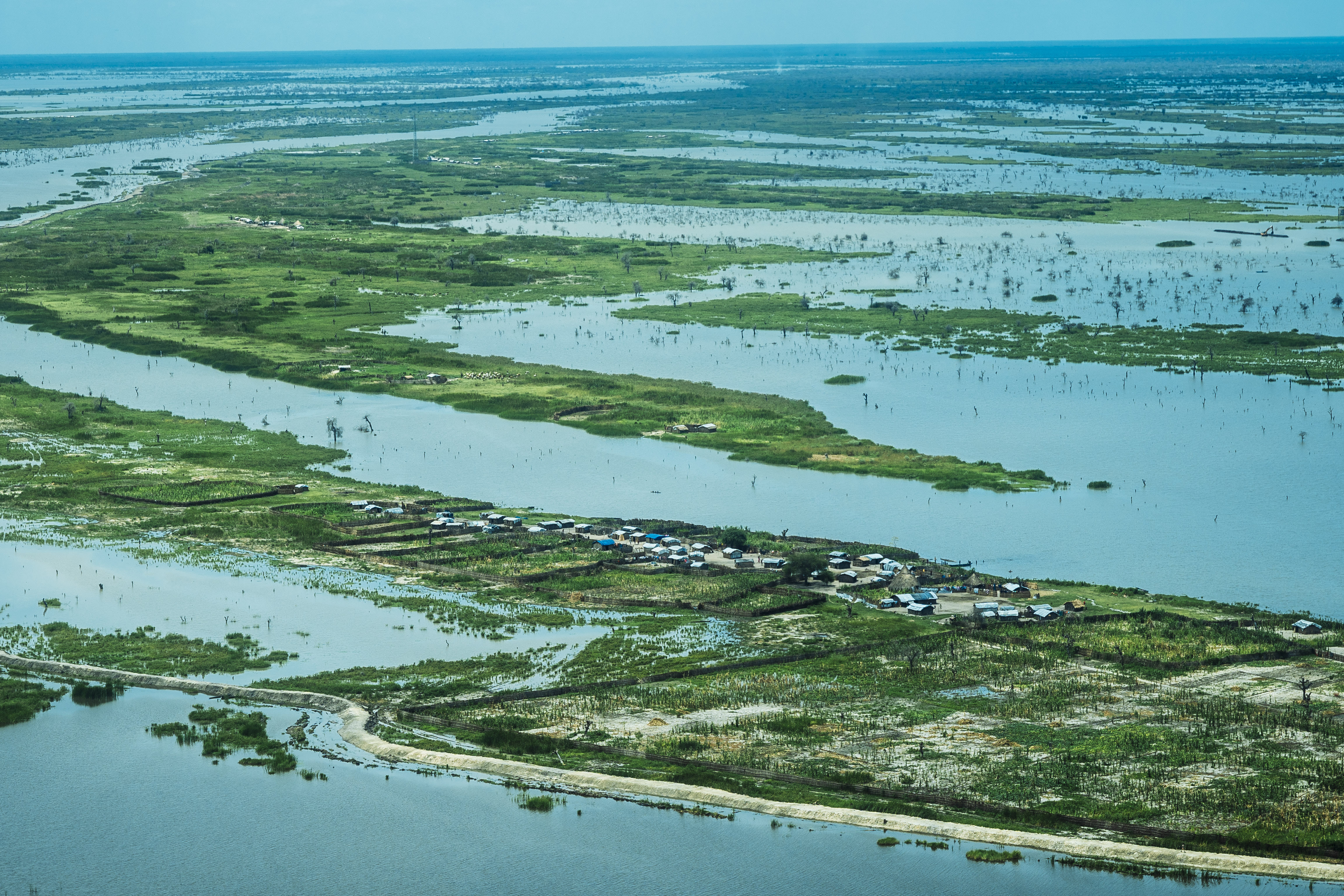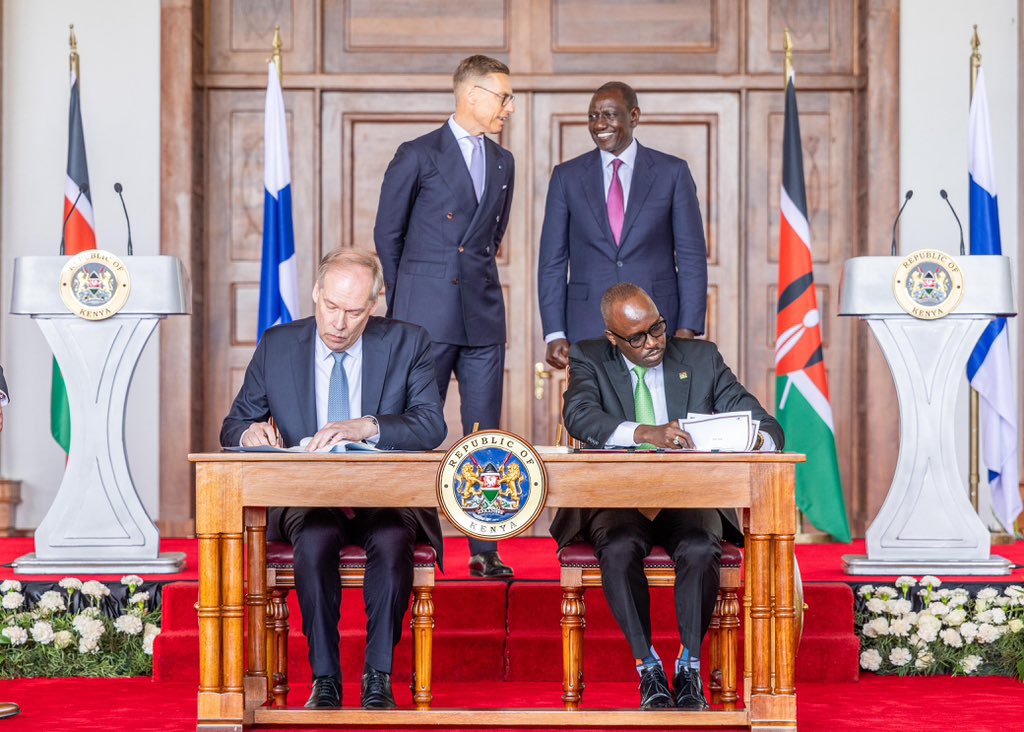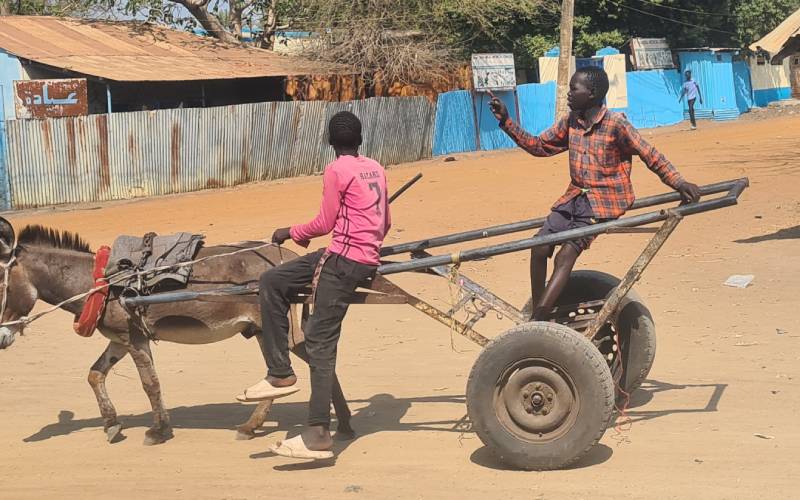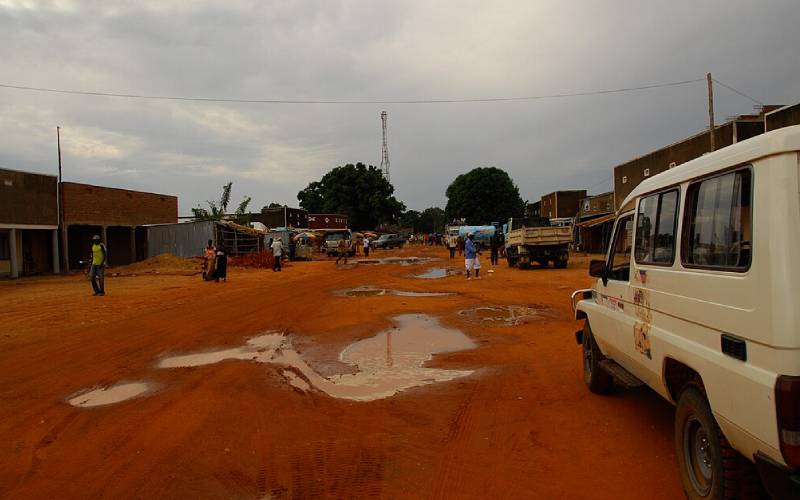I have encountered multiple taxation in South Sudan which I sometimes do not believe align with the law. Everyone seems to be entitled to collecting taxes with the highest exploitation imposed on foreign traders. The police service, prisons service, wildlife forces, National Security Service, the army, former rebel forces, and militia; all collect taxes.
South Sudan’s Taxation Amendment Act 2016, states that a small business enterprise with an income ranging from 0-1000000 SSP will be taxed 18%, a medium business enterprise with 1,000,001-30,0000,000 SSP will be taxed 18% and a large business enterprise with annual gross turnover of 30,000,0001 and above will be charged 18% as well.
This is about 15,000 SSP per month for a small business; you can do the rest of the mathematics yourself. What is taxed is the gross income of these business enterprises before expenses are deducted. The percentage charged is the same in all these business enterprises, regardless of their size.
This is reasonably lower than in Kenya where these taxes are or 25% or 30% on gross turnover. In Uganda, businesses that do not generate a gross income of over 10,000,000 UGX and 150,000,000 UGX P/A which is slightly above $2500 P/A do not pay taxes. In South Sudan, what is on the website on South Sudan Revenue Authority is different from what is on the ground.
The officers who collect taxes do not really need to know how much gross turnover you are making per annum to tax your business. They ask for whatever comes into their minds and force you to pay else you are threatened. Besides, all the security forces go onto the streets every month to collect taxes from small, medium or big businesses, charging them depending on the size of the shop or equipment they see, not necessarily whether you are making money from there or not.
Most of my friends from foreign countries who ran businesses have so far shut their businesses. When I ask them, the complaint is high and multiple taxes. The amounts asked for by the tax collectors are higher than the fees you will get in the city council offices. I once started a business in Uganda and realised later that businesses were given adequate time to grow, as they were monitored to measure their growth. This is the opposite in South Sudan.
Last week, I had an encounter with some tax collectors who wanted some money for garbage. I do not have any garbage to be collected because I burn it. Instead of 15,000 SSP monthly payments, they asked for 27,000 SSP. I said I would go to the office to pay there. When I went to the office and I explained what happened, the finance administrator at the city council felt sorry that the money which was being collected was very high.
But honestly, I saw garbage being collected only once. Dogs had been dying and thrown in front of our shop, and nobody came to collect them until we later bought fuel to burn it. So, why is it so sweet to collect money for garbage when dogs that die are not collected? Which health are these people talking about apart from just collecting money they do not deserve which sometimes does not reach the bank account of the ministry of finance?
Sincerely speaking, there is no country like South Sudan where taxes are very low. You can imagine a business paying 15,000 SSP per month. This is 2.7 Dollars per month for a small business. This is less than the taxes collected in Kenya and Uganda by far.
But why is taxation a headache in South Sudan? The answer is very simple. There is no structured mode of tax payment. Any officer may go to the streets to collect taxes in the name of the office. They will extort your money, and this money will not reach the office.
We operate a registered company with the Ministry of Justice and are a member of the Chamber of Commerce. We pay our tax obligation to the National Revenue Authority every three months. We also obtained a membership certificate from the state’s chamber of commerce. This means that we have two different membership documents from the Chamber of Commerce.
Some employees of the state chamber of commerce came to us. They were collecting some money, which they claimed was a monthly payment. I presented to them the certificate from the chamber of commerce, but they said they also collect some money every month. When I asked what the money was for, they said it was for helping someone who might have incurred losses when his property has been stolen.
“Is it a problem if I do not contribute?” I asked. They said you have to pay 30,000 SSP because one day your property may be stolen, and you may come to us looking for support. I told them I would not go to them for support, and so there was no need to pay that by force. If I want to help, fine, if I am not in the position to, I should not be forced to. They left disappointed.
But this is the fact. Why should I pay for what does not make sense to me? There are very many fake tax collectors around who go around claiming they are collecting money on behalf of the government. How do we know they are the right people who collect money? The best thing is to have a clear channel of tax payment to avoid fraud. However much the government may need to collect taxes to meet its obligations, these taxes remain in individual pockets.
Tax justice should be vitally installed across South Sudan. This way, businesspeople will clearly distinguish between the profit they make and their tax obligations. It is lawful for the government to first know the income of a certain business for it to be taxed reasonably. This random taxation reduces some businesses to ashes and forces some businesses to raise their prices, leading to high costs of living in a country where the majority are jobless and poor.
Let the financial institutions come up with the correct directive guiding tax collection in the state. This directive should include clear revenue reporting from payams to counties, from counties to states, and from states to the national government. This reporting will return to the faithful officers in terms of salaries. This is how it happens all over the world. Individual tax collectors are costing the country a lot.
The recent action of the government to disarm civilians and remove all the illegal checkpoints on roads and waterways was a positive decision. This decision would have boosted revenue collection and reduced the exploitation of civilians through multiple taxes. However, it faces resistance from the same communities that suffer from these unlawful acts of taxation. It would have also led to economic recovery and finally development and poverty alleviation as a long-term plan. I still can’t fathom what South Sudanese want, whether they need economic freedom or exploitation.
